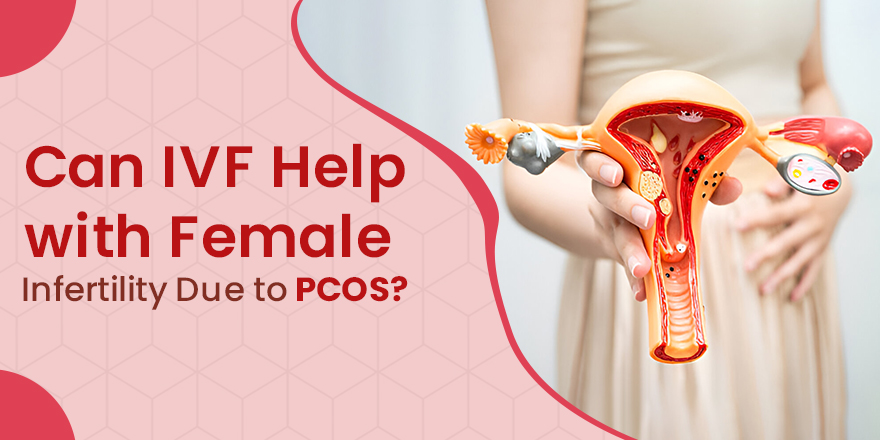Hormonal health plays a key role in overall well-being and reproductive health. When the body produces too much or too little of certain hormones, it can affect energy, mood, metabolism, and most importantly, fertility. Hormonal Imbalances are one of the most common reasons couples struggle to conceive, yet with the right care, they can often be managed effectively.
What Are Hormonal Imbalances?
Hormones are chemical messengers that regulate vital functions in the body. From controlling menstrual cycles in women to regulating sperm production in men, hormones keep the reproductive system in balance. When these levels are disrupted, it can lead to hormonal imbalances that affect fertility.
Both hormonal imbalances in men and hormonal imbalances in women can interfere with natural conception, making timely diagnosis and treatment essential.
Symptoms of Hormone Problems
The signs of hormonal imbalances vary depending on whether they affect men or women. Some of the most common symptoms include:
- Irregular or missed periods
- Unexplained weight gain or weight loss
- Excessive hair growth or hair loss
- Acne or oily skin
- Fatigue or mood swings
- Low libido or sexual dysfunction
- Difficulty conceiving despite regular attempts
If you notice these symptoms of hormone problems, it is important to seek medical advice. Early evaluation can make a big difference in treatment outcomes.
Hormonal Imbalances and Fertility
For women, hormonal changes can affect ovulation, egg quality, and menstrual regularity. Conditions like PCOS, thyroid disorders, and high prolactin levels are among the most common causes. For men, low testosterone, thyroid dysfunction, or issues with pituitary hormones can impact sperm production and quality.
In both cases, hormonal imbalances for fertility can reduce the chances of natural conception, but targeted treatment can restore balance and improve outcomes.
Hormonal Imbalance Tests
Your doctor may recommend tests such as:
- Blood tests to check hormone levels (thyroid, FSH, LH, testosterone, estrogen, prolactin)
- Ultrasound to assess the ovaries and uterus in women
- Semen analysis in men to evaluate sperm health
These tests help identify the root cause of the imbalance and guide the right hormonal imbalances treatment plan.
Hormonal Imbalances Treatment Options
The right treatment depends on the type and severity of the imbalance. Common approaches include:
- Medications to regulate hormone levels (thyroid medicines, ovulation-inducing drugs, testosterone therapy)
- Lifestyle modifications like balanced diet, exercise, and stress management
- Fertility treatments such as IVF or IUI in cases where natural conception is difficult
- With proper guidance, most couples with hormonal imbalances can still achieve healthy pregnancies.
Final Thoughts
Hormonal imbalances can feel overwhelming, especially when they affect your fertility journey. The good news is that with accurate testing and personalized treatment, many couples go on to experience successful pregnancies.
At Seeds of Innocens, our fertility specialists work closely with you to identify the cause, create a tailored plan, and provide compassionate care at every step.
If you are facing challenges due to hormonal imbalances, take the first step toward restoring balance and hope. Schedule a consultation today and let us guide you on your path to parenthood.
Also Read: Male Fertility Test: When and Why You Should Consider It
FAQs
- What are hormonal imbalances?
Hormonal imbalances occur when the body produces too much or too little of certain hormones. These changes can affect metabolism, mood, reproductive health, and fertility. - What are the symptoms of hormone problems?
Common symptoms of hormone problems include irregular periods, weight changes, acne, mood swings, low energy, hair loss, or difficulty conceiving. - Can hormonal imbalances affect fertility?
Yes. In women, they can disrupt ovulation. In men, they can lower sperm count and quality. Both may reduce the chances of natural conception. - How are hormonal imbalances diagnosed?
Doctors use blood tests to check hormone levels and may recommend ultrasound or semen analysis depending on the case. - What is the treatment for hormonal imbalances?
Hormonal imbalances treatment may include medicines to regulate hormones, lifestyle changes, or fertility treatments like IVF.





